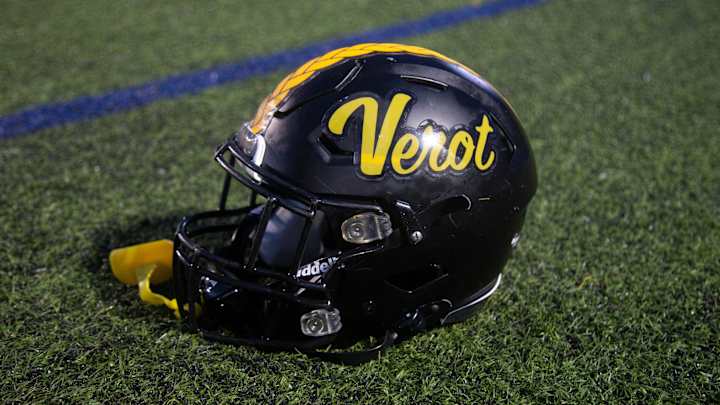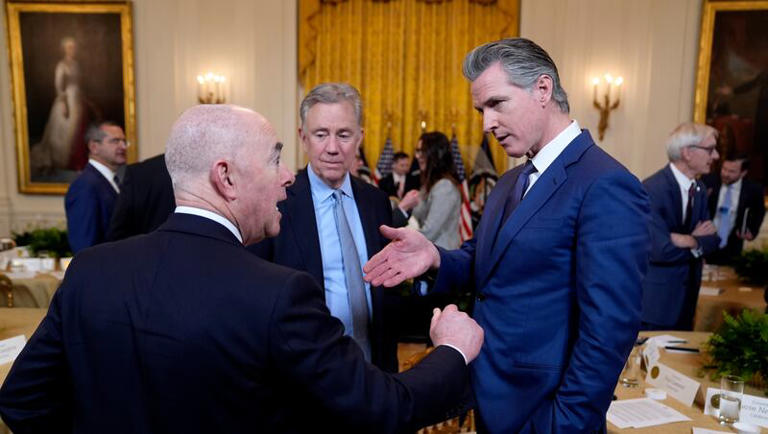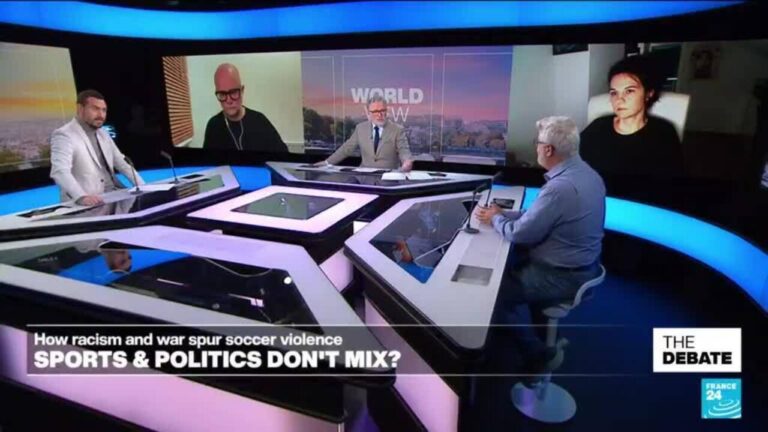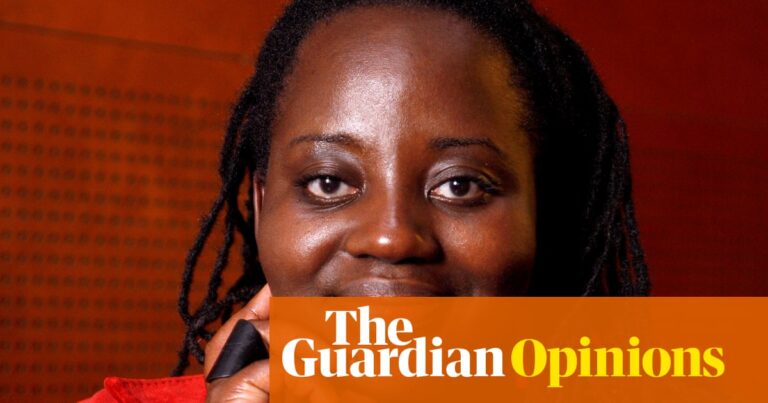Bishop Verot Addresses Allegations of Racism from Football Announcers
Bishop Verot Responds to Racism Allegations from Football Announcers
The realm of sports is often seen as a platform for unity, camaraderie, and sheer competitive spirit. Whether it’s the thrill of a last-minute touchdown or the joy of cheering with fellow fans, sports can transcend barriers. However, recent events involving Bishop Verot High School have stirred a heated conversation about racism within the football community. Let’s dive into the specifics of the situation and explore how Bishop Verot is responding to the allegations made against some football announcers.
What Happened?
In a recent high school football game involving Bishop Verot, comments made by football announcers sparked outrage and were labeled as racist. As information spread, many were quick to express their displeasure, taking to social media platforms to voice their concerns. But here’s where things got interesting: Bishop Verot didn’t just sit back and let silence speak for them. Instead, they took proactive steps to address the situation head-on.
The School’s Statement
Bishop Verot High School promptly released an official statement, outlining their stance on the matter. The school’s administration expressed their commitment to fostering an inclusive environment for all students, families, and community members. They emphasized that they stand firmly against any form of racism or discrimination. The courage to speak up is commendable, don’t you think? In a world not often known for its transparency, being upfront about such serious allegations is refreshing.
Key excerpts from their statement included:
- Acknowledgment of the hurtful comments made during the broadcast
- An affirmation of the school’s commitment to diversity and inclusion
- A commitment to working with the announcers and the league to address these concerns constructively
The Power of Social Media
It’s fascinating how social media acts as both a double-edged sword and a powerful tool in these situations. On one hand, it allows for quick dissemination of information and widespread awareness of issues; on the other hand, it can be a breeding ground for misinformation. Fans and observers took to platforms like Twitter and Facebook to express their feelings—and those feelings ranged from support for the school to outrage at the announcers.
Many wondered why such comments were tolerated in the first place. It raises questions about accountability, doesn’t it? We often forget that those behind the microphone hold the power to influence perceptions, both positive and negative. The impact of their words can echo far beyond just the instant they are spoken.
Community Support
What’s heartening to see in times like these is the outpouring of support for Bishop Verot from its community. Students, parents, and alumni rallied together, showcasing what it means to stand united against racism. Acts of solidarity were witnessed in the form of social media campaigns, community events, and discussions focused on creating a more inclusive environment not just within sports, but in everyday life as well.
The community’s response reflects a growing awareness and sensitivity toward issues of race, and it emphasizes the importance of taking a stand. By engaging in meaningful dialogue and encouraging respectful conversations, schools like Bishop Verot can foster an even more supportive and inclusive atmosphere.
Analyzing the Allegations
Now, let’s unpack the allegations a bit more. The comments made during the game were described by listeners as derogatory and, frankly, out of touch with contemporary views on race and respect. What might have been acceptable years ago is certainly not the case today; society has evolved, and so should our language.
One important question that isn’t often asked is, “How do we educate those in positions of influence?” The responsibility of announcers and commentators goes beyond merely presenting facts or stats; they have to understand their role in shaping the narrative for audiences. This rings particularly true in a time when the sports world grapples with numerous societal issues, including racism, gender inequality, and mental health awareness.
The Importance of Training
Institutions must consider investing in diversity training for their staff—including commentators and announcers. Why? Because education can lead to change. By equipping individuals with the right tools and perspectives, we can cultivate an environment where inclusivity flourishes. Announcers shouldn’t just be voices; they should be advocates for unity in sports.
Moving Forward: Steps for Change
So what’s next for Bishop Verot and the broader community? The orchestra of voices expressing concern over these remarks is a clear call to action. It’s an opportunity to not only address the comments made but to review the culture surrounding the sport itself.
Suggestions for Improvement
-
Diversity Training: Implementing mandatory training sessions for staff and commentators to improve awareness and foster understanding.
-
Open Dialogues: Holding community forums to discuss racism and its effects on sports, encouraging students and families to speak their minds.
-
Feedback Mechanisms: Establishing channels for fans and community members to report inappropriate comments or behaviors during games.
-
Curriculum Changes: Schools could integrate educational programs focusing on racial sensitivity, providing students with historical context related to sports and race.
-
Leadership Initiatives: Encouraging student-led initiatives that promote inclusivity, such as workshops or events that raise awareness about racial issues in sports.
Concluding Thoughts
In wrapping this up, the allegations made against football announcers during a Bishop Verot game serve as a poignant reminder of the work that still needs to be done in combating racism, not just in sports but in society as a whole. The school’s commitment to addressing these issues speaks volumes about its dedication to fostering a safe and inclusive environment.
The power of community, awareness, and education shines brightly in situations like this, demonstrating that while we may face challenges, there is always an opportunity for growth and change. Let’s keep engaging, keep speaking out, and most importantly, keep pushing for a world where inclusivity is the norm.
FAQs
1. What exactly were the allegations made against the announcers during the game?
The announcers were accused of making racially insensitive comments that sparked outrage among listeners and the community.
2. How did Bishop Verot High School respond to these allegations?
Bishop Verot released a statement reaffirming their commitment to diversity and inclusion, addressing the hurtful comments made during the broadcast.
3. What steps is Bishop Verot taking to address racism in sports?
The school is considering implementing diversity training for staff and encouraging open dialogues in the community.
4. How can communities support schools like Bishop Verot in their fight against racism?
Communities can show support by participating in discussions, advocating for diversity training, and promoting inclusive initiatives.
5. Why is it important for sports announcers to be mindful of their words?
Announcers influence public perception and cultural narratives. Their words can contribute to either positive change or perpetuate negative stereotypes, making mindfulness crucial.







